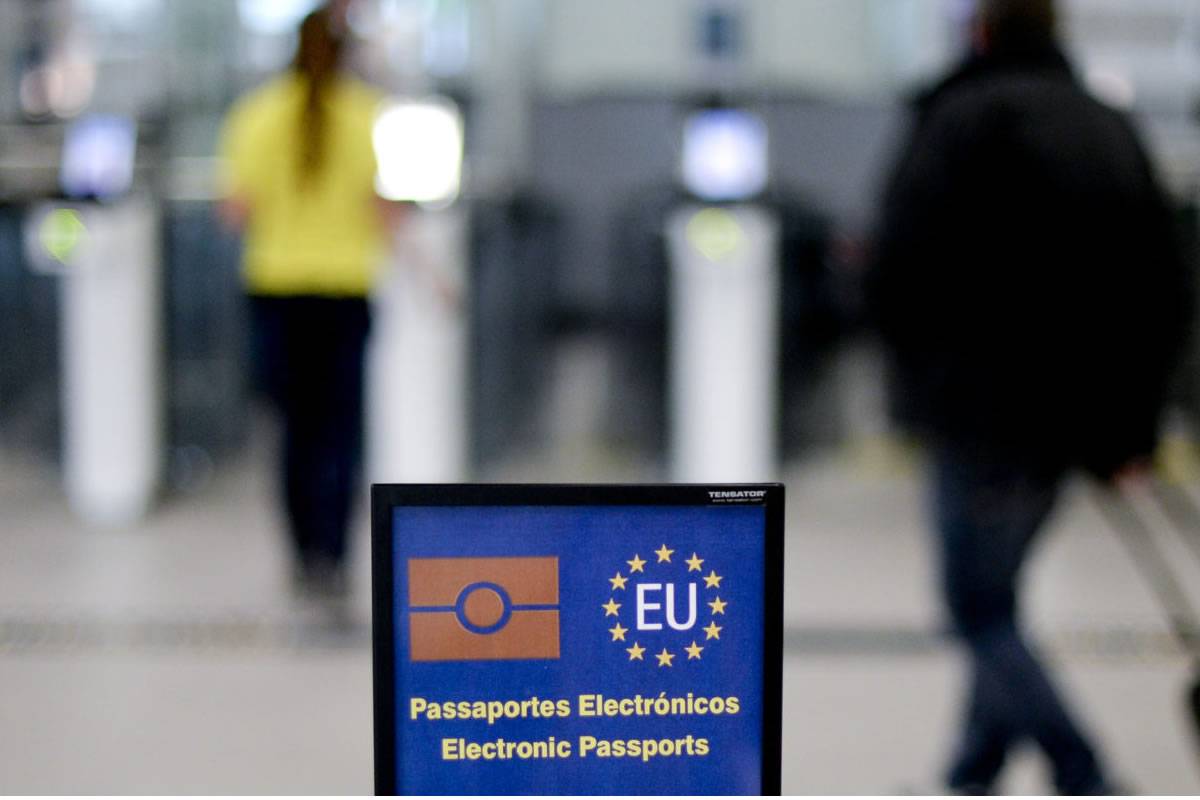Over 120,000 non-EU citizens were forced to leave the EU in last quarter of 2022
- 05-04-2023
- National
- Canarian Weekly
In the last three months of 2022, a total of 123,865 citizens of third countries, including the UK, were ordered to leave European Union countries and a further 28,155 citizens of third countries were returned to another country following an order to leave, according to Eurostat, the official statistical office of the EU.
Eurostat data shows that both the number of orders to leave the EU as well as the number of returns increased in the fourth quarter of 2022 compared to the previous quarter, as reported by SchengenVisaInfo.com.
The number of non-EU citizens ordered to leave the EU in the fourth quarter (Q4) of 2022 increased by 11% compared to the third quarter (Q3), whereas the number of non-EU citizens who were returned, after receiving an order to leave but ignoring it, increased by 9%.
“Compared with the same quarter of 2021, the number of non-EU citizens ordered to leave rose by 37%, and the number of people returned increased by 22%,” Eurostat added.
Among the Member States of the European Union, France reported the highest number of third-country nationals ordered to leave its territory in Q4 of 2022. Data show that a total of 36,835 non-EU nationals were ordered to leave France in the fourth quarter of last year, representing 30% of the total.
France was followed by Croatia, which ordered 19,795 non-EU nationals to leave its territory, Austria (8,985), Greece (8,510), Germany (7,450), and Italy (7,000).
In terms of citizenship of the people who were ordered to leave the EU, Eurostat disclosed that Afghans topped the list with 13,240 followed by Moroccans (9,470), Algerians (8,510), and then Pakistanis and Tunisians.
As for returns, it has been revealed that France also reported the largest number of non-EU citizens returned to another country in the last three months of 2023. France returned 3,790 third-country citizens to another country and is followed by Germany with 3,545 returns, Sweden with 2,625 returns, and the Czech Republic with 2,605 returns.
Other articles that may interest you...
Trending
Most Read Articles
Featured Videos
TributoFest: Michael Buble promo 14.02.2026
- 30-01-2026
TEAs 2025 Highlights
- 17-11-2025



























































